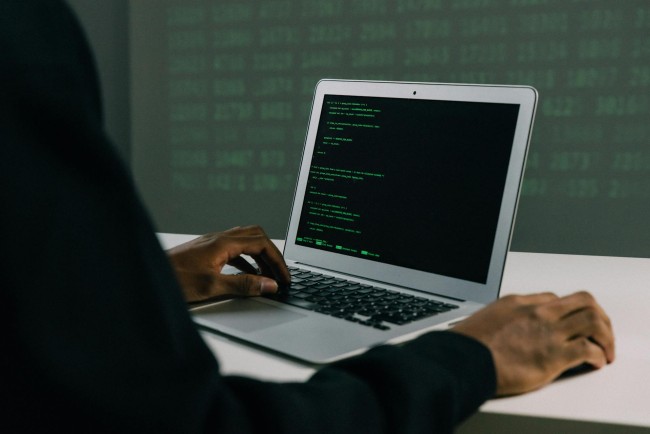
The cybersecurity sector is booming, hitting a value of $222.66 billion in 2023, with expectations to increase by 12.3% annually until 2030.
Effective communication with the media is critical in this field and vital for protecting both personal and business information against ever more complex attacks. Success here requires not just tech savvy, but also a strong ability to convey complex ideas clearly and effectively.
Companies specializing in cybersecurity face the twin tasks of educating the public and shaping how people view this fast-paced industry, full of rapid technological changes and intricate security issues.
Excelling in media relations in such a fast-moving setting involves more than just sharing information – it’s about building compelling stories that connect with a wide range of people and maintain the industry’s credibility.
The Role of Expertise in Media Communications
Explaining cybersecurity details to the public and media requires deep understanding and the skill to present complex information in a clear way. Hiring a cybersecurity public relations agency with a focus on this field can greatly improve this process.
Such agencies are adept at breaking down complicated aspects of cyber threats and safety protocols into narratives that engage both journalists and their audiences.
Their knowledgeable approach helps ensure that media coverage of cybersecurity firms is both precise and effective, promoting wider comprehension and upholding the industry’s reputation.
Maintaining Confidentiality While Being Transparent
Cybersecurity companies frequently face the challenge of being open about their operations while protecting confidential data. This dilemma is critical, particularly when responding to media queries that require divulging information that could jeopardize security measures.
To address this, companies need clear and strong guidelines defining what information can be disclosed and what must remain confidential. This approach is essential for preserving trust among clients and stakeholders, ensuring that transparency does not compromise security.
Building Trust with Consistent Messaging
Gaining trust takes time and depends on frequent, reliable exchanges. Cybersecurity businesses need to ensure that what they say publicly matches what they stand for and how they operate.
When a company regularly shares clear and straightforward information, it not only boosts its reliability but also confirms its status as a top player in its field. This approach is especially crucial during crises when people seek dependable and consistent details.
Handling Crisis Communications
When a cybersecurity issue arises, clear communication becomes key. Companies should have a crisis communication strategy in place that can be activated immediately.
This strategy must detail the approach for notifying all involved parties, including the press, without sparking undue alarm or releasing sensitive details that might worsen the issue.
A quick and correct response not only limits harm but also shows the company’s capability and dependability in handling emergencies.
It’s vital for businesses to continuously revise and practice their crisis communication strategies to make sure everyone is ready for possible situations.
Additionally, it is important to establish specific roles and responsibilities within the crisis communication team to make the process more efficient and ensure a coordinated approach.
Using Social Media Strategically
Cybersecurity firms can utilize social media as a potent platform to directly engage with the public and shape their brand’s image.
However, careful planning is essential to avoid compromising security for the company and its clients. It’s crucial to craft engaging messages that highlight expertise and leadership in the field.
During a security incident, social media can provide timely updates and direct communication with the public. Social media managers should actively monitor conversations, engaging with users to build community trust and ensure responsiveness.
Analyzing engagement and reach through analytics tools helps in fine-tuning future communications to better serve the audience.
Engaging with Niche Cybersecurity Media

Connecting with specialized cybersecurity media can be highly beneficial for companies. These media outlets possess deep industry knowledge and offer detailed coverage.
By collaborating with these experts, companies ensure that their stories are not just heard but also accurately portrayed. Building and sustaining these relationships requires ongoing communication and mutual respect for each other’s expertise and priorities.
Furthermore, sharing exclusive insights or early information can solidify these media connections, increasing the likelihood of future coverage.
Participating in industry panels and discussions attended by journalists from these outlets also enhances visibility and credibility within the industry and among media professionals.
Final Thoughts
Managing media relations within the cybersecurity field requires continuous learning and adjustment. As changes sweep through the industry, the approaches that firms take to interact with journalists and the wider community must evolve similarly.
Specialized public relations agencies with a focus on cybersecurity are becoming more crucial; they guide companies through the intricate landscape of media interaction.
By keeping up-to-date and flexible, cybersecurity experts not only safeguard their clients’ information but also their personal professional standing and the overall credibility of their field.
